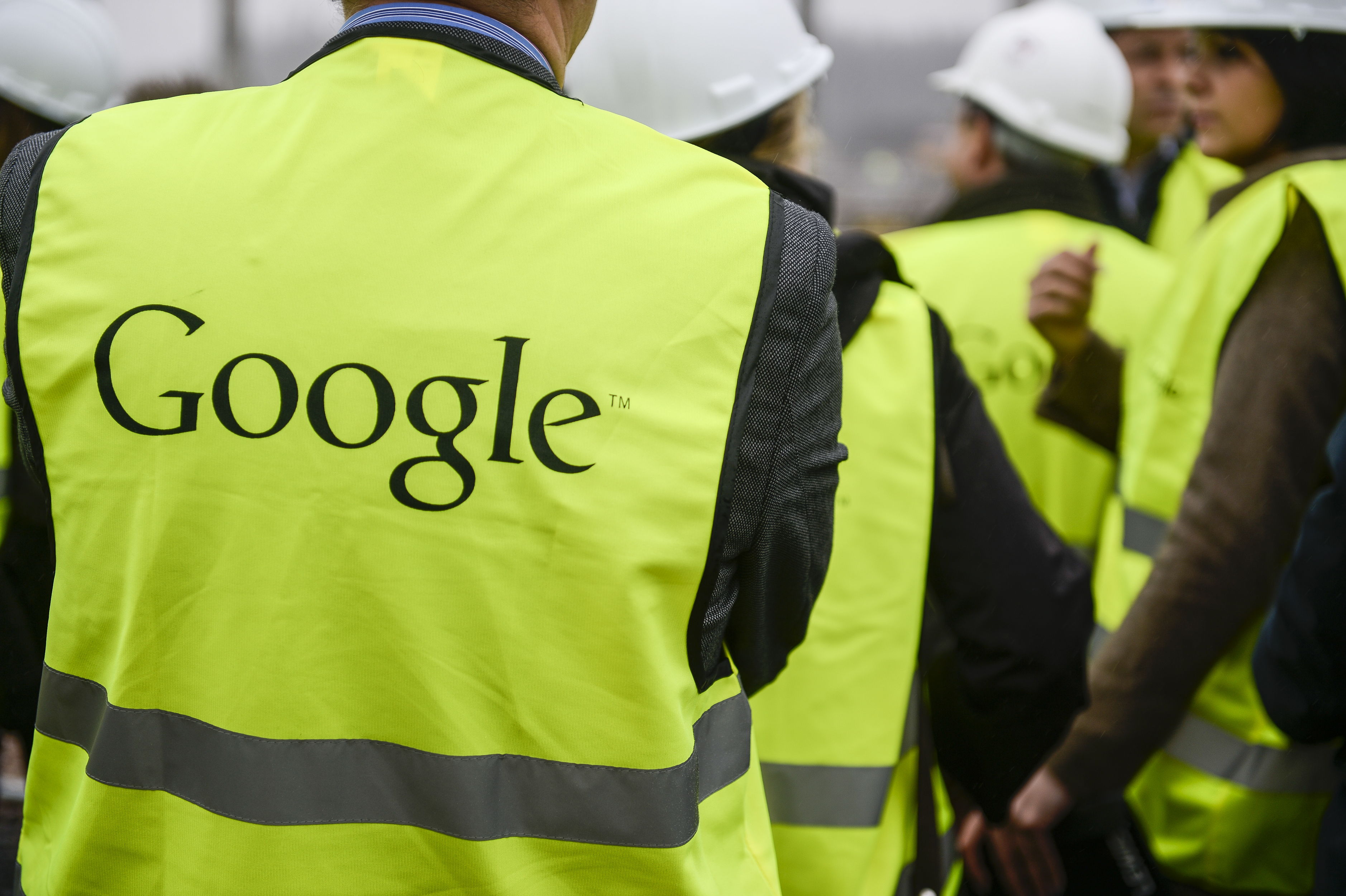Google turns to nuclear plants to power AI

Google is set to purchase power from small modular reactor developer Kairos Power. The decision marks a return to nuclear energy as tech companies struggle to keep up with the growing energy demands from data centres amid the AI boom.
For the power supply, Google will team up with a fleet of small modular reactors (SMRs) operated by Kairos Power. The first reactor will be put into use by 2030, while others will be brought online by 2035. The company did not disclose any information about the financial aspects of the deal.
The move comes as tech giants from Google to Microsoft are racing to find sufficient clean power to keep running the data centres behind the artificial intelligence boom. Their electricity consumption is ballooning, causing their greenhouse gas emissions to spike.
“The grid needs new electricity sources to support AI technologies," said Michael Terrell, senior director for energy and climate at Google. "This agreement helps accelerate a new technology to meet energy needs cleanly and reliably, and unlock the full potential of AI for everyone."
Nuclear energy, as a reliable source of clean energy, is well suited to reduce emissions without standing in the way of the global AI roll-out. Critics, however, argue that nuclear power is not risk-free and produces long-lasting radioactive waste.
In September, Microsoft signed a 1.6 billion dollar deal to return the energy plant at Three Mile Island in Pennsylvania to service. The company plans to restore the plant by 2028 and will buy its carbon-free power for the next 20 years.
Staff at the Google Data Center in Saint-Ghislain © BELGA PHOTO LAURIE DIEFFEMBACQ